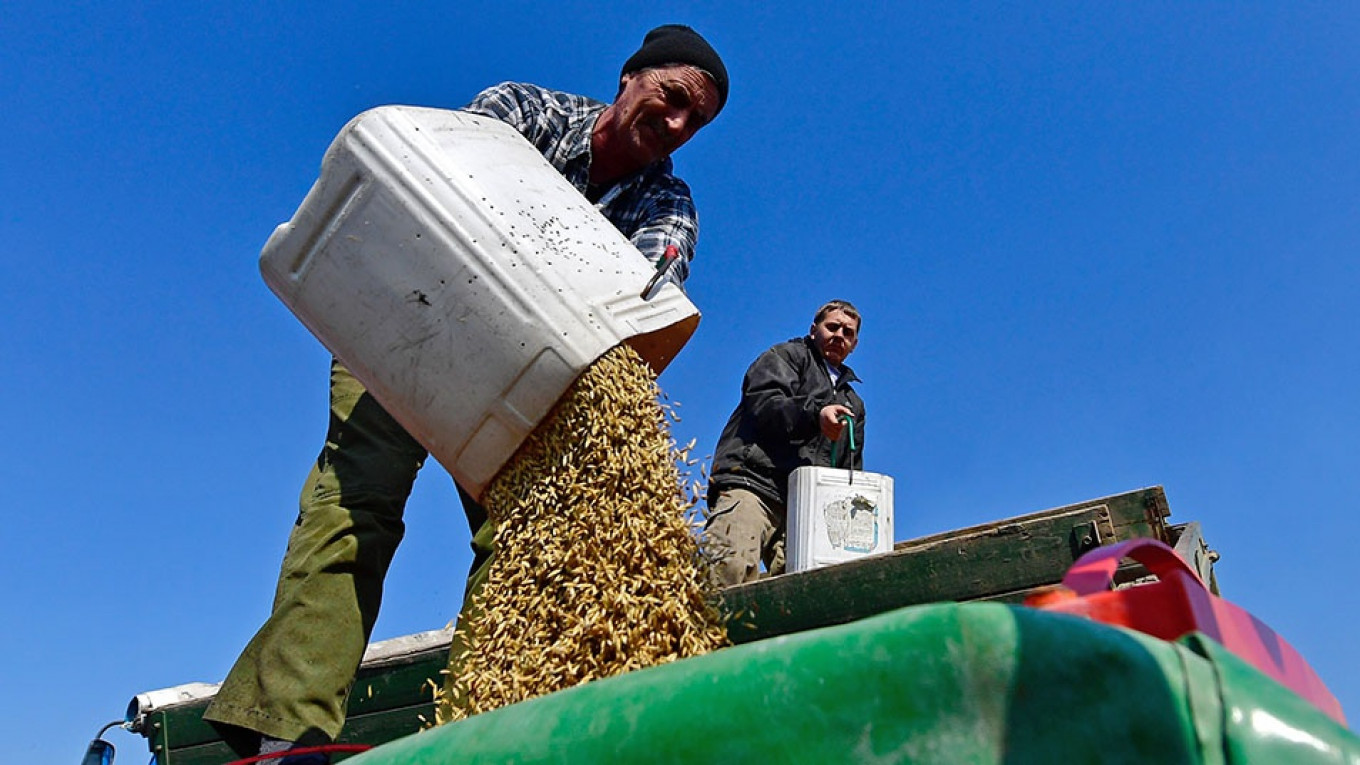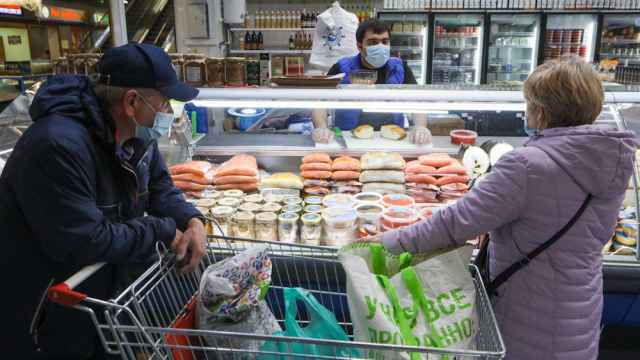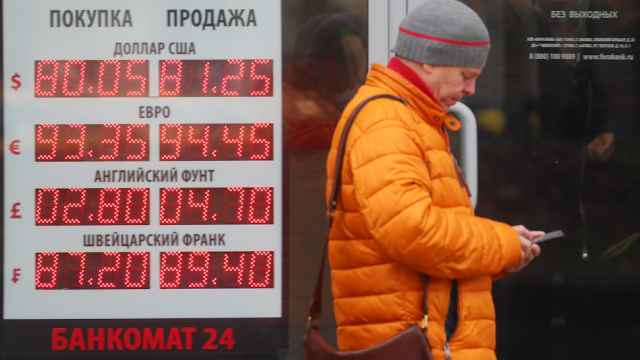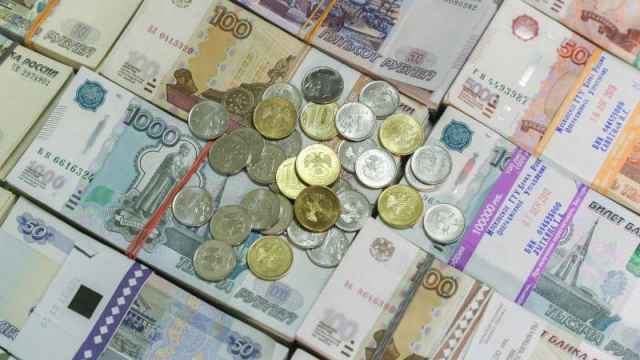Russia’s widely lauded agricultural boom was overestimated by as much as 30 percent for certain crops, according to a report published earlier this month.
Driven by a weaker ruble and higher oil prices, agriculture overtook arms sales in 2017 to become Russia’s second-biggest export sector behind oil and gas. Official data suggested that, between 2013 and 2017, Russia’s agricultural sector grew by 20.7 percent.
However, revised data lowered 2017 gross agricultural output by 542 billion rubles ($8 billion) to 5.1 trillion rubles, down from an initially reported 5.6 trillion rubles ($83.4 billion), according to a report published by the Russian Presidential Academy of National Economy and Public Administration (RANEPA) earlier this month.
“Even the smallest of errors in the sample data can lead to significant errors in assessing the activities of the entirety of more than 30 million farms,” RANEPA said in the report.
“It’s much more difficult to explain the overestimated data on agricultural organizations and farm enterprises that regularly submit reports on all their activities to Rosstat [Russia’s federal statistics agency],” it said.
Production numbers had been most inflated for potatoes (35.9 percent), vegetables (17.2 percent) and fruits (8.3 percent), the Dec. 7 report authored by RANEPA’s agrarian policy professor Vasily Uzuin stated.
“Agriculture Ministry officials, politicians, the scientific and business community are confident that there are plenty of potatoes in Russia,” writes Uzov.
“In fact, it turns out Russia produces around 20 million tons, which taking into account the volume of consumption, seeds and losses, already threatens a deficit or [need for] increased imports,” he says.
Grain numbers remained unchanged according to the latest data. Russia became the world’s biggest exporter of grains in 2016 as harvests hit record numbers.
Reuters contributed reporting to this article.
A Message from The Moscow Times:
Dear readers,
We are facing unprecedented challenges. Russia's Prosecutor General's Office has designated The Moscow Times as an "undesirable" organization, criminalizing our work and putting our staff at risk of prosecution. This follows our earlier unjust labeling as a "foreign agent."
These actions are direct attempts to silence independent journalism in Russia. The authorities claim our work "discredits the decisions of the Russian leadership." We see things differently: we strive to provide accurate, unbiased reporting on Russia.
We, the journalists of The Moscow Times, refuse to be silenced. But to continue our work, we need your help.
Your support, no matter how small, makes a world of difference. If you can, please support us monthly starting from just $2. It's quick to set up, and every contribution makes a significant impact.
By supporting The Moscow Times, you're defending open, independent journalism in the face of repression. Thank you for standing with us.
Remind me later.







